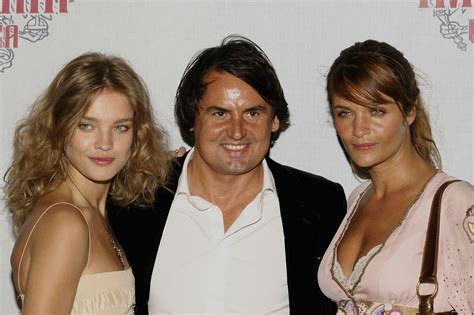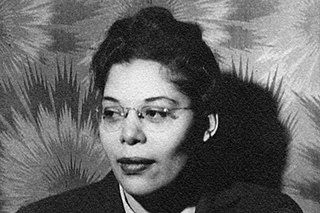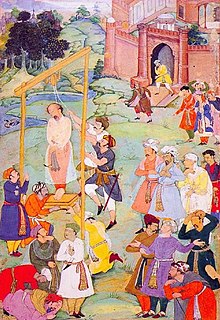A Quote by Roustam Tariko
We buy the most expensive grain available growing on the best part of Russian land called black soil. We also play close attention to the purity of the water - we get it from Lake Ladoga. We store it ourselves to specific conditions. We carefully manage distillation at my distillery in Moscow.
Related Quotes
Black was bestlooking. ... Ebony was the best wood, the hardest wood; it was black. Virginia ham was the best ham. It was black on the outside. Tuxedos and tail coats were black and they were a man's finest, most expensive clothes. You had to use pepper to make most meats and vegetables fit to eat. The most flavorsome pepper was black. The best caviar was black. The rarest jewels were black: black opals, black pearls.
One of the facets of growing up the way I did, I never had the experience of being solely in the black community. Even my family, my mother is what they call Creole, so she's part French, part black, and grew up in Louisiana. It's a very specific kind of blackness that is different than what is traditionally thought of as the black community and black culture. So, I never felt a part of whatever that was.
A farmer is helpless to grow grain; all he can do is provide the right conditions for the growing of grain. He cultivates the ground, he plants the seed, he waters the plants, and then the natural forces of the earth take over and up comes the grain...This is the way it is with the Spiritual Disciplines - they are a way of sowing to the Spirit... By themselves the Spiritual Disciplines can do nothing; they can only get us to the place where something can be done.
When Isaiah predicted that spears would become pruning hooks, that's a reference to cultivating. Pruning and trimming and growing and paying close attention to the plants and whether they're getting enough water and if their roots are deep enough. Soil under the fingernails, grapes being trampled under bare feet, fingers sticky from handling fresh fruit. It's that green stripe you get around the sole of your shoes when you mow the lawn. Life in the age to come. Earthy.
It takes 1,000 tons of water to produce 1 ton of grain. As water becomes scarce and countries are forced to divert irrigation water to cities and industry, they will import more grain. As they do so, water scarcity will be transmitted across national borders via the grain trade. Aquifer depletion is a largely invisible threat, but that does not make it any less real.
Since chemical fertilizer burns out the soil organic matter, other farmers struggle with tilth, water retention, and basic soil nutrients. The soil gets harder and harder every year as the chemicals burn out the organic matter, which gives the soil its sponginess. One pound of organic matter holds four pounds of water. The best drought protection any farmer can acquire is more soil organic matter.
In Kenya, one of our biggest exports is coffee. Where do you grow coffee? You grow coffee in the land. To be able to grow coffee you need rain, you need special kinds of soils that are found on hillsides, and that means you have to protect that land from soil erosion so you don't lose the soil. You also want to make sure that when the rains come you're going to be able to hold that water and have it go into the ground so that the streams and the rivers keep flowing and the ground is relatively humid for these plants.
The most savory grape, the one that produces the wines with best texture and aroma, the sweetest and most generous, doesn't grow in rich soil but in stony land; the plant, with a mother's obstinacy, overcomes obstacles to thrust its roots deep into the ground and take advantage of every drop of water. That, my grandmother explained to me, is how flavors are concentrated in the grape.
You compare the nation to a parched piece of land and the tax to a life-giving rain. So be it. But you should also ask yourself where this rain comes from, and whether it is not precisely the tax that draws the moisture from the soil and dries it up. You should also ask yourself further whether the soil receives more of this precious water from the rain than it loses by the evaporation?



































